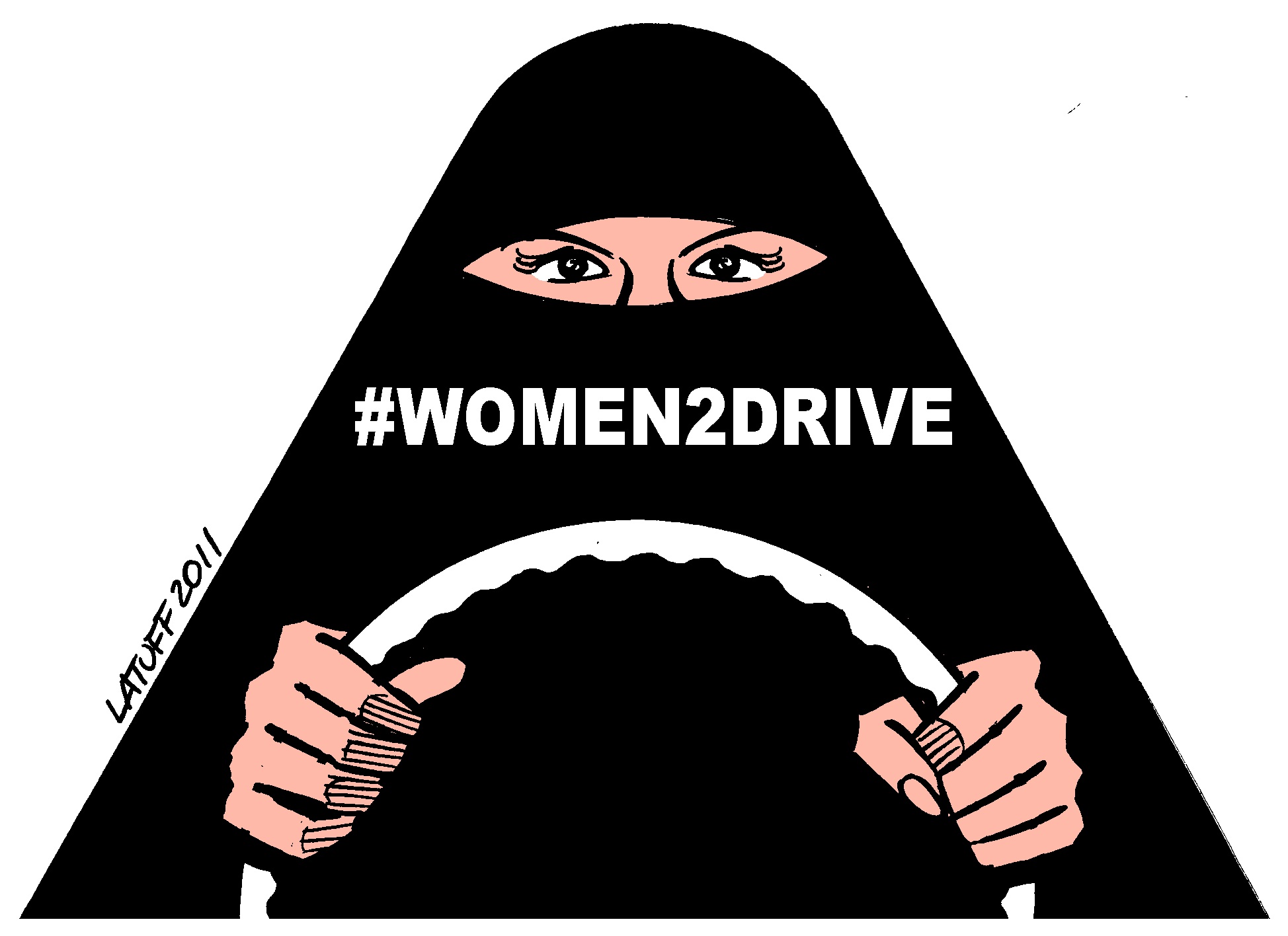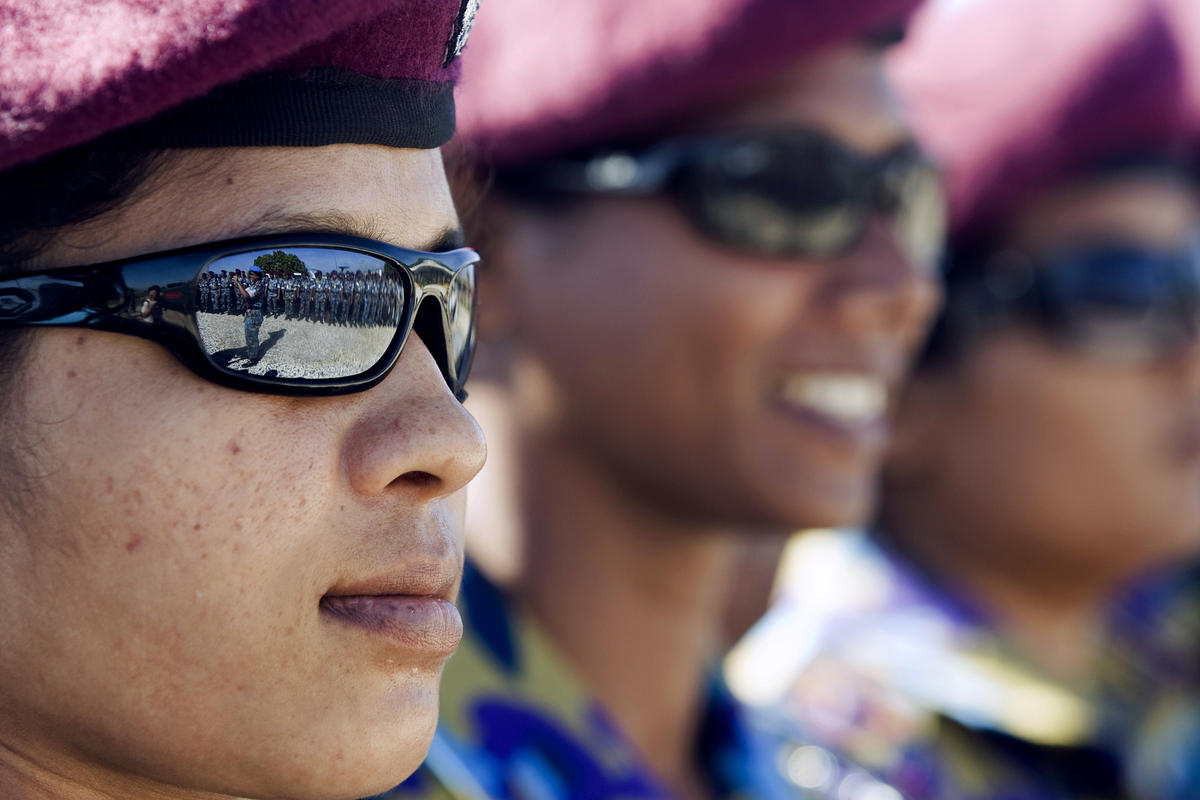Violence against women remains at shockingly high levels around the world, making the struggle to overcome such a problem extremely difficult, especially within developing nations. Gender-based violence remains a barrier to gender equality and limits the advancement of women in society.
Gender Links, a South African non-governmental organization committed to supporting gender equality, aims to bring further awareness to the plight of women suffering from gender-based violence. On November 25, 2014, it launched its 16 Days of Activism of No Violence Against Women and Children campaign, in order to promote the political, economic and social empowerment of women.

Ms. Colleen Lowew Morna, chief executive of Gender Links, stated, “gender violence is a symptom of a much deeper malaise – the gender inequality that pervades every aspect of our lives.” She added “we cannot talk about ending violence without talking about women’s political, economic and social empowerment.”
Morna stressed the importance of women taking charge of their lives by having the proper education and training in order to gain valuable skills that will enable them to make a living and gain independence. She stated that for many years, when listening to survivors’ stories, there was a pattern of women returning to their abusers because their options were so limited. Economic empowerment and independence will not necessarily completely eliminate violence as a whole, but by eradicating such pre-conditions, gender-based violence could be severely reduced.
Gender Links began the campaign with public forums in South Africa, Zimbabwe and Botswana. Alongside government representatives, the business community and other members of society, they will acknowledge the accomplishment of more than 1000 gender violence victims who have received entrepreneurship training as a means to enrich and take control of their lives.
According to Gender Links, 89% of women in Zambia are at the receiving end of gender-based violence, followed by 86% in Lesotho, 68% in Zimbabwe, 67% in Botswana, 50% in South Africa, and 24% in Mauritius.
Gender violence is also prevalent in other parts of Africa, most notably in Somalia. Somali politician and peace activist Asha Haji Elmi highlighted the importance of including female peacekeepers in the prevention of violence against women during a live debate with the Elders Organization in November 2014. As the founder of Save Somali Women and Children (SSWC), an organization committed to promoting the empowerment of women, Elmi has helped to establish crisis centres, which provide wide-ranging support to survivors of gender-based violence. Such support includes medical, psychological, and legal assistance, and provides women the ability to recover from the abuse they were forced to endure.
The economic empowerment of women is necessary in order to achieve a gender equal society. While many nations within Africa are on the right path with regards to raising awareness of the abuse directed at women, it is important that governments, NGOs and other organizations continue their engagement in the fight against gender-based violence.
By: Rebecca Mukuna




